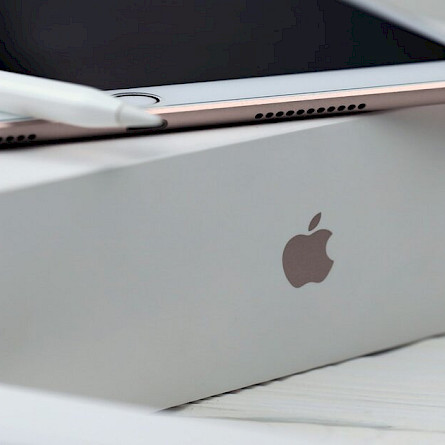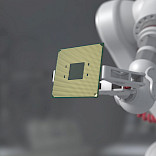But beware! All failures are not equal. They must be smart. The term, “intelligent failure”, was popularized several years ago by Professor Sim Sitkin of Duke University in the United States.
He claims that organizations learn best from intelligent failures, which have the following five characteristics:
- They result from thoughtfully planned actions that
- have uncertain outcomes,
- are modest in scale,
- are executed and responded to with alacrity, and
- take place in domains that are familiar enough to permit effective learning.
An investor should therefore assess a company’s failures based on these characteristics. If they are respected, it can be assumed that the failure could be beneficial in the long term. Here are three examples.
Amazon’s “Fire Phone”
In 2014, Amazon began marketing its smartphone, the Fire Phone. In his letter to shareholders in 2021, Jeff Bezos explained that the product failed because Amazon was probably too late in the business. The Fire Phone was discontinued in 2015. Despite everything, Jeff Bezos explained that Amazon learned valuable lessons from this failure, in addition to hiring competent employees. These employees and these lessons were then used to develop the Echo (Alexa) and the FireTV, products that have been very successful.
The “Apple Newton”
In 1993, Apple began marketing its personal assistant, the Apple Newton. Used with an electronic pen, this “tablet” allowed handwriting recognition. The device replaced writing on a sheet of paper. Between 1993 and 1998, it is estimated that around 200,000 devices were sold. Although this product was a failure, the lessons learned helped the development of the iPad and iPhone, products that today make Apple famous.
The “Nintendo Wii U”
Nintendo had had success with its Nintendo Wii, launched in 2006. Building on this success, the company developed and launched the Nintendo Wii U in 2012. Unlike its competitors, Xbox and PlayStation, the Wii U offered a controller with a touch screen. This console turned out to be a failure when only 13.5 million consoles were sold between 2012 and 2017. However, the development of the Wii U provided knowledge that was then used to develop the Nintendo Switch, which has sold over 125 million units.
What do the previous three examples have in common? They follow the five characteristics of intelligent failure. By respecting these characteristics, a management team can quickly correct the situation when new products or initiatives fail, but above all, limit the negative financial impact while acquiring knowledge to improve.
Note that smart failures don’t just happen in consumer products. They can also occur in companies that provide services. I would also add that these principles apply perfectly to an investor when he makes the decision to buy a new security.
In summary, you should be wary of companies that never seem to fail. Will they have developed enough skills to innovate in the future? Conversely, beware of companies that seem to be betting on major innovations. Typically, these mega projects are the result of thoughtful planning, but could put the company at risk.
So don’t be disappointed if your companies have failures. Rejoice! Provided they are intelligent failures.





